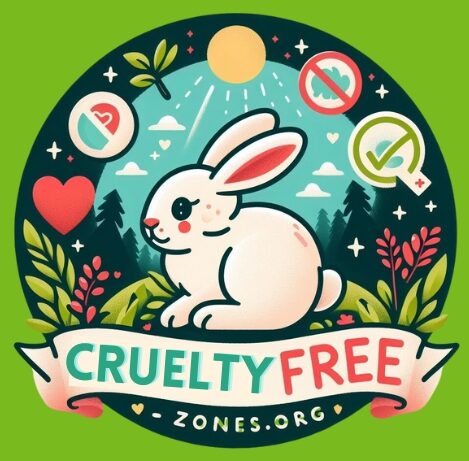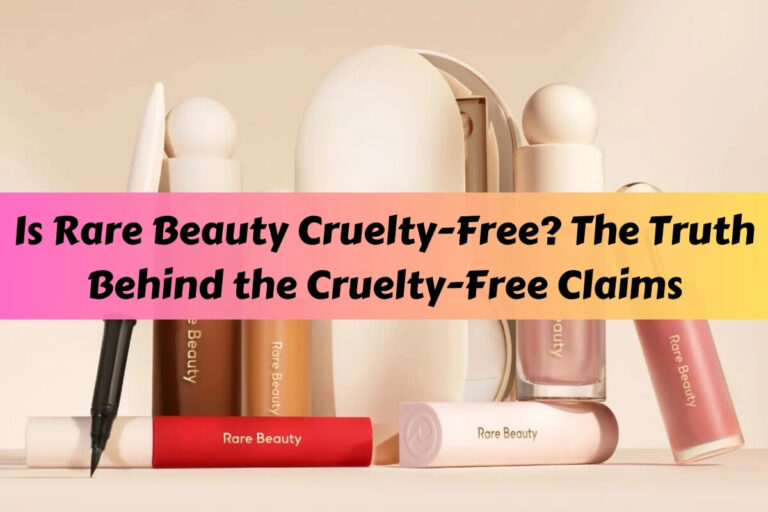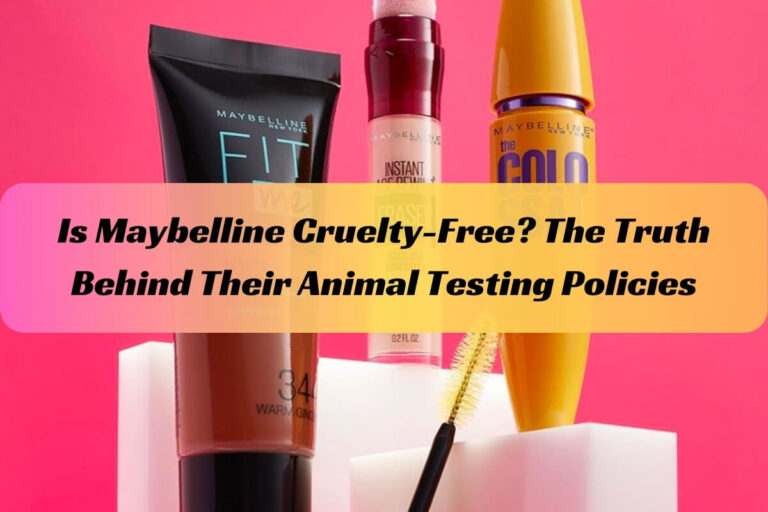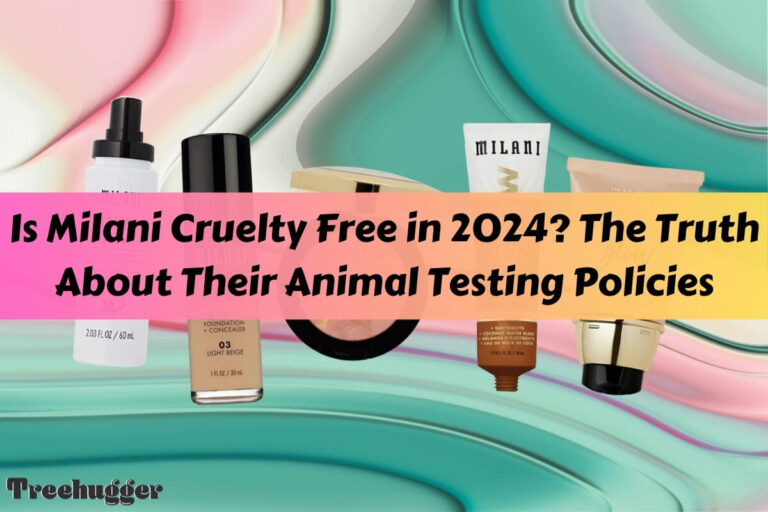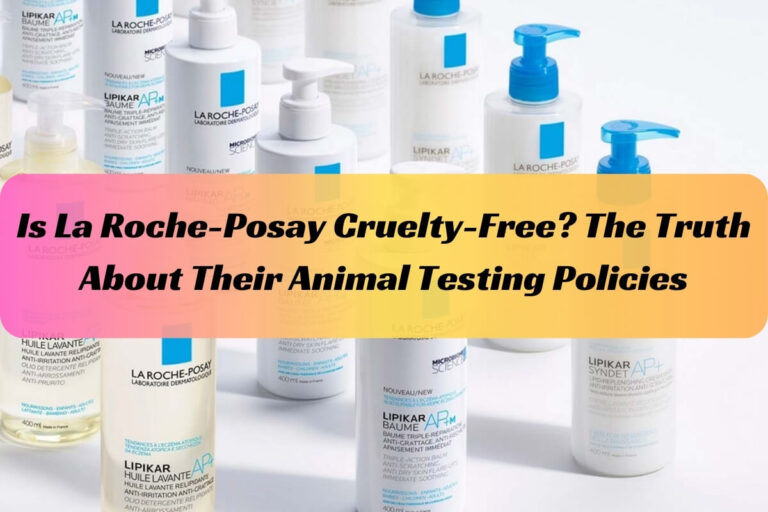Is Native Cruelty-Free? Look at Native’s Ethical Practices
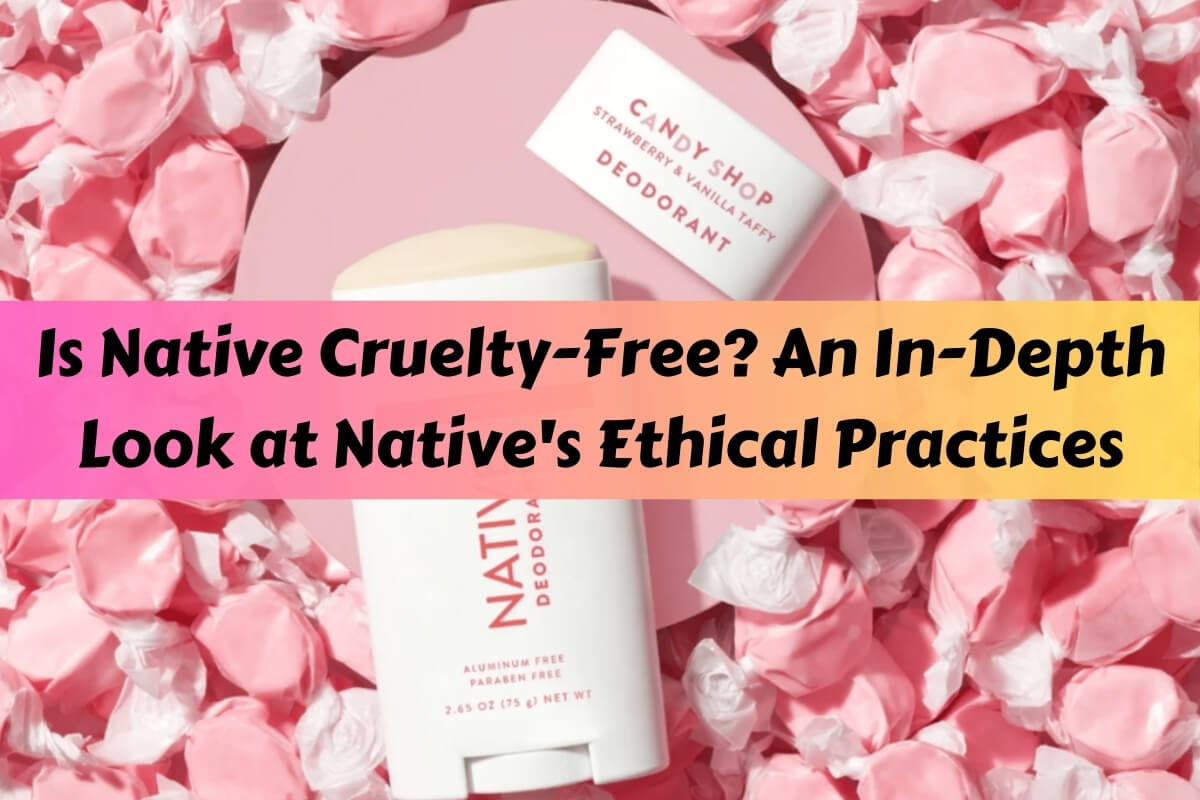
In recent years, consumers have become increasingly conscious about the products they use, not just for their effectiveness but also for their ethical practices. One of the most significant concerns is animal testing, a cruel and unnecessary practice that has led many consumers to seek out cruelty-free alternatives. If you’re one of those individuals who value ethical and sustainable choices, you might be wondering: Is Native cruelty-free?
The short answer is yes, Native is a cruelty-free brand. However, there’s more to the story than just a simple yes or no. This guide examines Native’s animal testing policies, ingredient sourcing, sustainability efforts, and the impact of its non-cruelty-free parent company ownership. You’ll understand Native’s ethical practices to decide if supporting the brand aligns with your values.
Here’s what we’ll cover:
- What it means to be a cruelty-free brand
- Native’s official stance on animal testing
- An exploration of Native’s animal testing policies
- A look at Native’s vegan and natural ingredients
- Native’s sustainability initiatives
- The Procter & Gamble ownership factor
- Where to buy Native’s cruelty-free products
So, let’s get started and unravel the intricacies of Native’s cruelty-free status.
What Does Being Cruelty-Free Mean?
Before we delve into Native’s specific practices, it’s essential to understand what it means for a brand to be cruelty-free. In simple terms, a cruelty-free brand does not test its products or ingredients on animals at any stage of the production process, from development to final formulation.
The concept of cruelty-free products has gained significant traction in recent years as consumers have become more aware of the unethical and inhumane practices involved in animal testing. Animals used for testing purposes often endure immense suffering, including pain, distress, and even death, all for the sake of developing cosmetic or personal care products.
By choosing cruelty-free brands like Native, consumers can make a conscious effort to reduce the demand for animal testing and support companies that prioritize ethical and sustainable practices.
Native’s Cruelty-Free Commitment
Native has been vocal about its commitment to being a cruelty-free brand. On its website, the company states:
“Native products are never tested on animals, and we’ve verified with our suppliers to ensure none of the ingredients in our products are tested on animals. We rely on human volunteers to make sure our products are safe and effective!”
This statement is a clear indication that Native does not engage in animal testing at any stage of its product development or production process.
To further solidify its cruelty-free status, Native has been recognized and included in various cruelty-free directories and lists maintained by reputable organizations. For instance, Cruelty-Free Kitty, a well-known resource for ethical consumers, has classified Native as a cruelty-free brand after thoroughly vetting their practices.
Exploring Native’s Animal Testing Policies
When assessing a brand’s cruelty-free status, it’s crucial to look beyond just their practices and examine the policies of their suppliers and third-party partners as well. Native has addressed this concern by confirming that none of their ingredient suppliers or third-party entities test on animals on their behalf.
Native doesn’t sell products in mainland China, avoiding mandatory animal testing. This reinforces their commitment to being cruelty-free.
Native’s Vegan and Natural Ingredients
One of the key factors that contribute to Native’s cruelty-free status is their use of vegan and naturally-derived ingredients. Native’s products are formulated without any intentionally added animal products or by-products, making them suitable for vegans and those who prefer plant-based alternatives.
Furthermore, Native avoids the use of harsh chemicals commonly found in conventional personal care products, such as parabens, sulfates, and phthalates. Instead, they opt for gentler, naturally derived ingredients that are kinder to both the environment and our bodies.
Transparency is another core value for natives. The brand openly shares its ingredient lists and formulations, allowing consumers to make informed decisions about the products they use. This level of transparency is refreshing in an industry where many brands still shroud their ingredient lists in secrecy.
Sustainability Efforts by Native
In addition to being cruelty-free, Native has also taken strides towards promoting sustainability and reducing its environmental impact. One notable initiative is the introduction of their 100% plastic-free packaging line, which aims to minimize plastic waste.
Native has also partnered with organizations like 1% for the Planet, donating a portion of their sales from plastic-free products to support environmental conservation efforts. By taking such measures, Native demonstrates its commitment to not only being cruelty-free but also to being an ethical and responsible brand that prioritizes the well-being of our planet.
The Procter & Gamble Ownership Factor
While Native ticks many boxes for being a cruelty-free and ethical brand, there is one aspect that has raised concerns among some conscious consumers: Native is owned by Procter & Gamble (P&G), a corporation that is not entirely cruelty-free.
P&G, one of the largest consumer goods companies in the world, owns several brands that are not cruelty-free and may engage in animal testing for certain products or markets. This has led to a dilemma for ethical consumers: Should they support cruelty-free brands owned by non-cruelty-free parent companies?
There are valid arguments on both sides of this debate. Some consumers choose to boycott all brands owned by non-cruelty-free corporations, as they believe it indirectly supports and contributes to the parent company’s unethical practices. Others, however, argue that supporting cruelty-free brands owned by such corporations can send a powerful message and incentivize the parent companies to shift towards more ethical practices across all their brands.
Consumers must decide based on their beliefs and priorities, weighing pros and cons to align with their values.
Where to Buy Native’s Cruelty-Free Products?
If you’ve decided to support Native’s cruelty-free products, you’ll be pleased to know that they are widely available at various retailers, both in-store and online. Some of the popular places where you can find Native products include:
- Target
- Amazon
- Walgreens
- Native’s official website
Purchasing directly from Native’s website not only ensures you receive authentic products but also supports the brand directly. However, if you prefer the convenience of shopping at your local retailer, Native’s products are readily available at many major chains.
No matter where you choose to buy Native’s cruelty-free products, you can do so with the confidence that you’re supporting a brand that prioritizes ethical and sustainable practices, at least within its product line.
In conclusion,
Native ticks most boxes for being a cruelty-free and ethical brand. They have demonstrated a strong commitment to avoiding animal testing, using vegan and naturally derived ingredients, and promoting sustainability through various initiatives. However, the brand’s ownership by Procter & Gamble, a non-cruelty-free parent company, is a factor that ethical consumers must consider based on their personal beliefs and priorities. Ultimately, the decision to support Native or not lies in your hands, but this guide has aimed to provide you with a comprehensive understanding of the brand’s ethical practices to help you make an informed choice.
